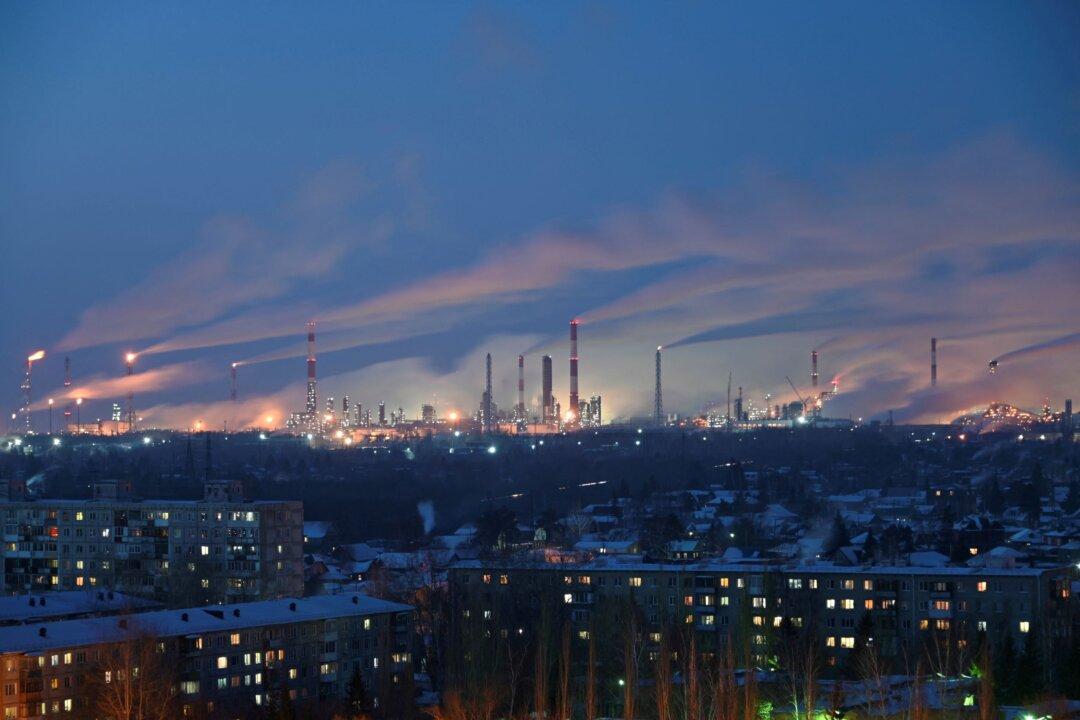LONDON—Oil dipped in and out of negative territory on Friday as members of the International Energy Agency (IEA) were due to discuss a further addition of oil reserves to the market alongside a planned 180 million barrel release by the United States.
The benchmark Brent and WTI contracts were both on course for their biggest weekly falls in two years, at 14 percent and 13 percent respectively.





